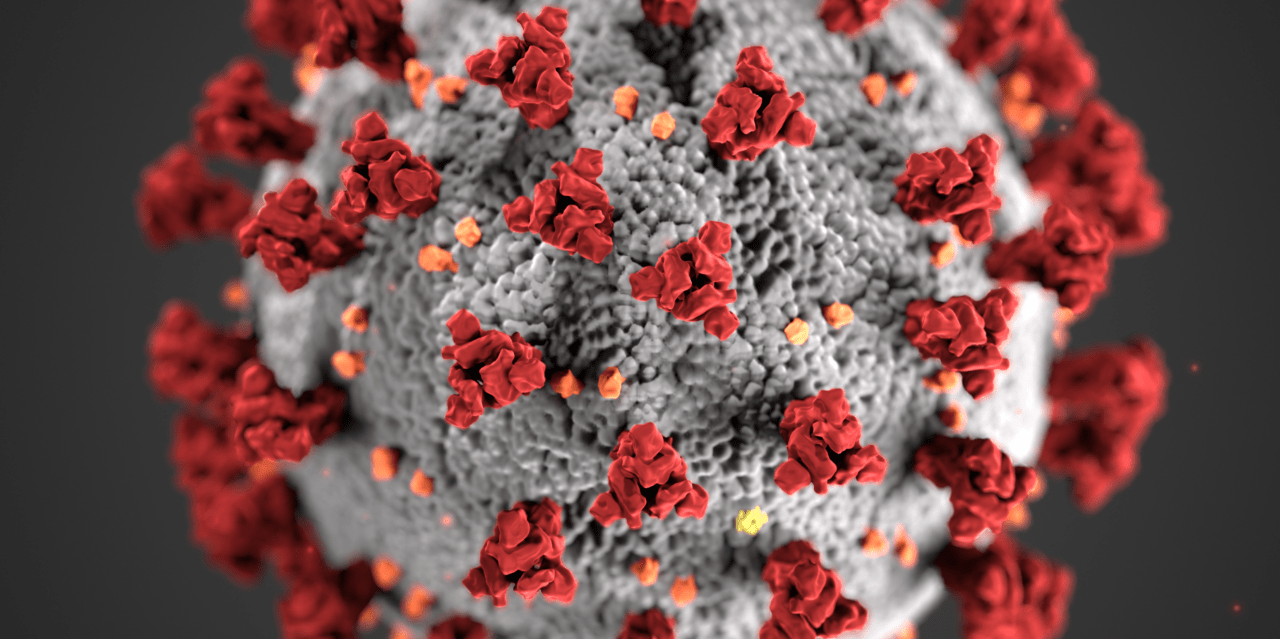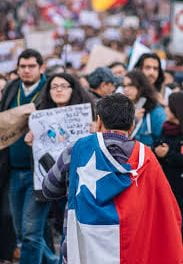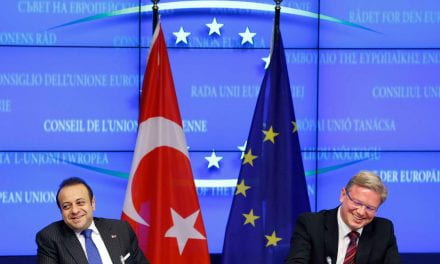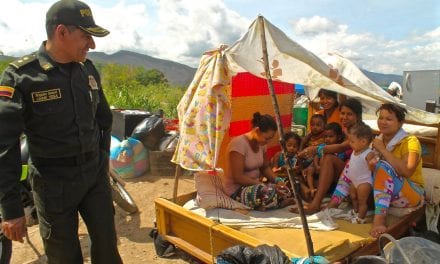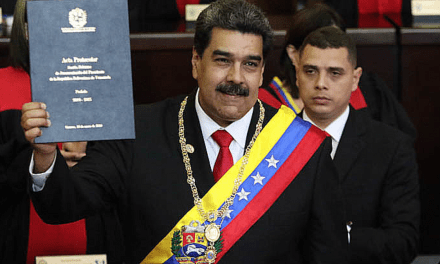Immediately following the discovery of a new strand of coronavirus in Wuhan, China on December 31, 2019, the media began spreading awareness. However, the World Health Organization (WHO) is rarely recognized for the work it has been doing to protect the world from mass infection. The WHO has been tirelessly coordinating with global experts and governments to swiftly expand more scientific knowledge about the strand in order to develop a global plan for effectively tracking and containing the spread of the virus.[1] The international coordination power of the WHO is essential and without it, the damage from the current outbreak of the coronavirus could be much worse.
According to the WHO, coronaviruses (CoV) include a wide variety of viruses that range from the common cold to more serious diseases, such as Middle East Respiratory Syndrome (MERS-Cov). However, the strand that has recently been spreading throughout the world, which scientists named the 2019 novel coronavirus (2019-nCoV), had never before been detected in humans. As of now, it is not entirely clear how this outbreak began, but coronaviruses are “zoonotic,” meaning they are transferred from animals to humans.[2] Although it is acknowledged that other strands of the coronavirus came from civet cats and dromedary camels, scientists are still working to determine exactly which animal this new strand came from.[3] Experts working with the WHO declare that the virus was originally contracted by people at a seafood and live animal market in Wuhan. Those who contracted the virus later spread the disease to their family members and healthcare workers, who initially thought they were suffering from ordinary pneumonia.[4]
The World Health Organization is an international institution, composed of 169 Member States, that coordinates and directs international health within the United Nations System. The members of the WHO have been cooperating since its creation, in 1948, to achieve the organization’s central goal, which is “to achieve better health for everyone, everywhere.”[5] To accomplish this goal, the members collaborate to combat diseases and strive to ensure safe air, food and water. With the international coordination power of the WHO, smallpox was successfully eradicated in 1980 through a global immunization campaign the institution successfully organized.[6]
One of the most crucial roles the WHO plays in protecting the public from rapid spread of 2019-nCoV is collecting as much knowledge about the virus as possible, from around the world. Currently, the WHO has been gathering the leading health experts at their Geneva headquarters to discuss the most updated knowledge about the virus and to assess areas that are the priority for more research.[7] A recent forum, which consisted of over 300 scientists and researchers, focused on establishing strategies for developing drugs and vaccines that would help control the spread of the disease.[8] Through utilization of the WHO’s capability to coordinate across international borders, health experts and leading scientists from all over the world have the ability to unite, allowing them to share their latest research and develop a global plan.
Other than collecting knowledge and formulating vaccines and treatments, the WHO also coordinates between countries to work on plans for containing the virus. The most recent plan in use, called the Strategic Preparedness and Response Plan (SPRP), focuses on the months of February through April.[9] The primary goals of the plan are to prevent the further spread of the new virus globally and especially protect countries with weaker health systems that may not even possess the means to detect the virus if it were to emerge.[10] Controlling the spread of the virus is made possible through the WHO because through international forums, global plans like the SPRP can be internationally agreed upon. If this plan were not created through the WHO, countries with weaker health systems may not be protected by the international community.
In conclusion, it may not be clearly shown by the media, but the WHO has been functioning behind the scenes to collect the best research about the new strand of the coronavirus, and has been using that knowledge to formulate plans of action for containing the virus and treating infected people. As an international organization, the WHO has the ability to unify leading scientists and experts around the globe to discuss their knowledge and formulate a common plan of action against diseases like the novel coronavirus, which do not respect borders. Without the WHO playing a pivotal role in the containment of the coronavirus through the international coordination of global research, collection and planning, the coronavirus could be much more damaging to society.
[1] “Coronavirus Disease 2019,” World Health Organization, Accessed February 14, 2019, https://www.who.int/emergencies/diseases/novel-coronavirus-2019.
[2] “Coronavirus,” World Health Organization, Accessed February 13, 2019, https://www.who.int/health-topics/coronavirus.
[3] WHO, “Coronavirus.”
[4] WHO, “Coronavirus Disease.”
[5] “About WHO,” World Health Organization, Accessed March 1, 2020, https://www.who.int/about.
[6] WHO, “About WHO.”
[7] “World Experts and Funders Set Priorities COVID-19 Research,” World Health Organization, Last Modified February 12, 2019, https://www.who.int/news-room/detail/12-02-2020-world-experts-and-funders-set-priorities-for-covid-19-research.
[8] WHO, “World Experts.”
[9] “US$675 Million Needed for New Coronavirus Preparedness and Response Global Plan,” World Health Organization, Accessed February 15, 2020, https://www.who.int/news-room/detail/05-02-2020-us-675-million-needed-for-new-coronavirus-preparedness-and-response-global-plan.
[10] WHO, US$675 Million Needed.

